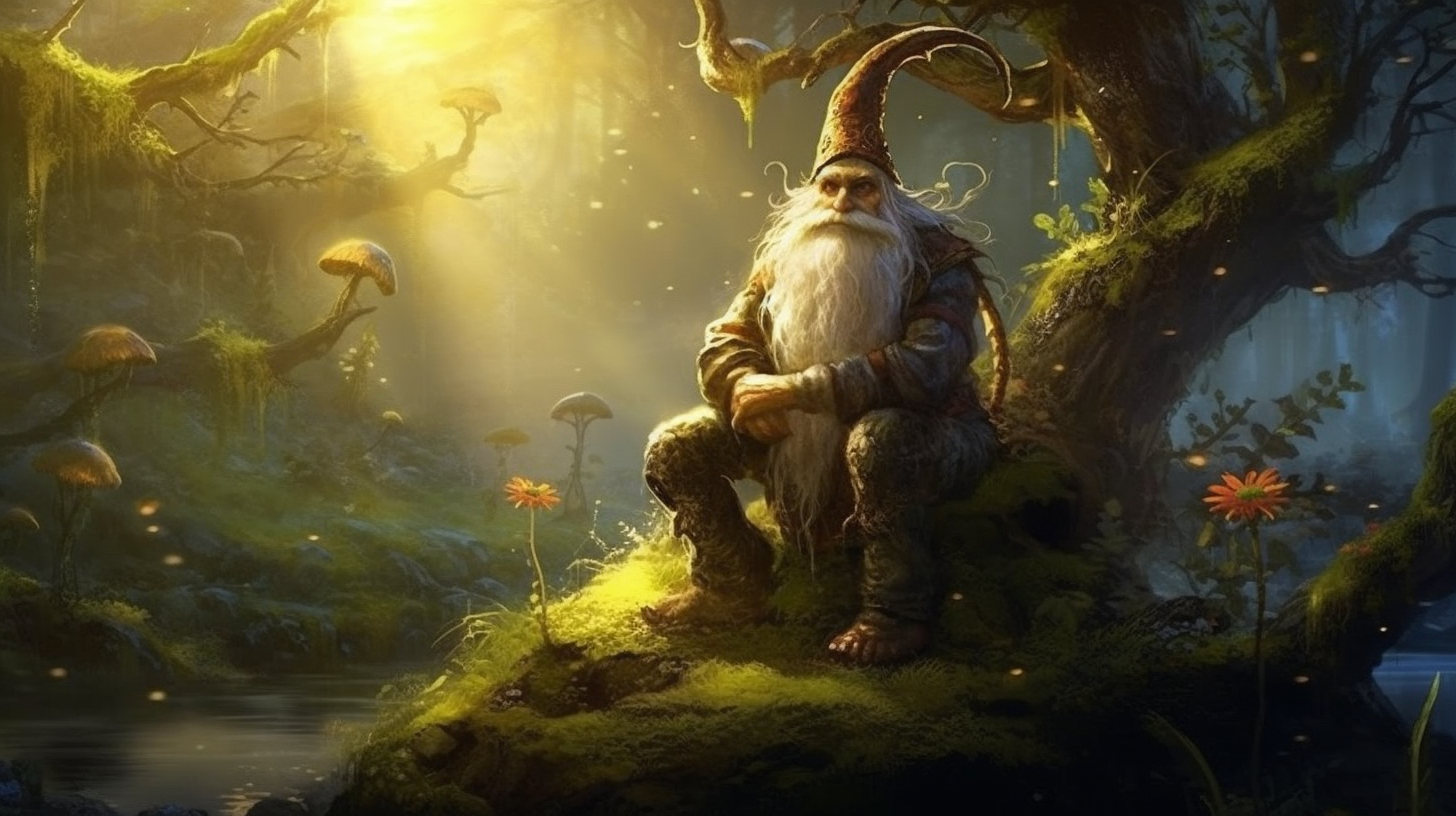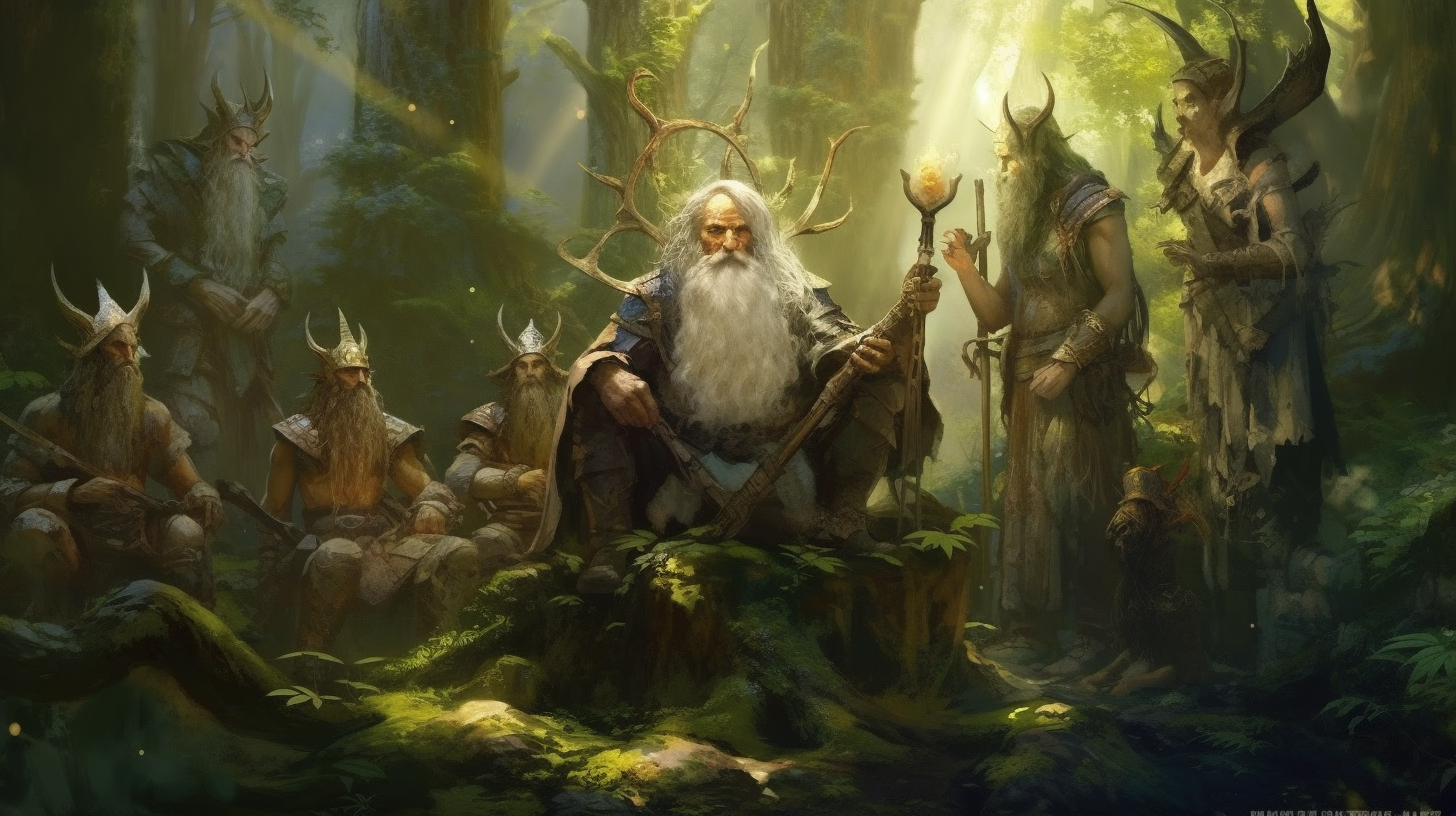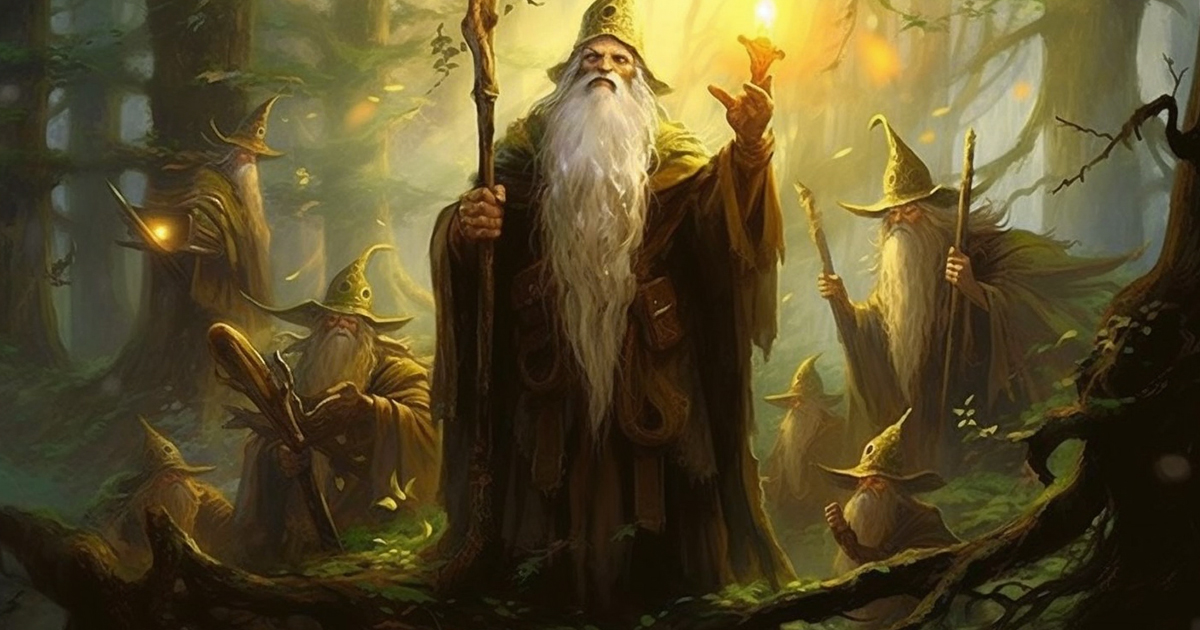Embarking on a Journey through a Fascinating Realm:
In the mesmerizing tapestries of European mythology, the realms of elves and dwarves have captivated countless minds throughout centuries. These mystical entities, with their magical and enigmatic essence, have carved an indelible mark on folklore, literature, and popular culture. Here, we venture into the enchanting universe of elves and dwarves, unraveling their origins, characteristics, and enduring presence in European mythos.
Tracing the Roots and Mythological Foundations:
The origins of elves and dwarves can be traced back to the rich mythologies of various European cultures. For instance, in Norse mythology, elves, also known as álfar, were revered as divine beings embodying beauty, wisdom, and eternal life. Dwelling in the ethereal realms of Alfheim, these creatures were often depicted as radiant, magical entities endowed with extraordinary powers.

In contrast, dwarves played a crucial role in Norse mythology as skilled craftsmen and artisans. Associated with the earth, these beings were believed to inhabit underground domains. Renowned for their unparalleled craftsmanship, dwarves were esteemed for their ability to create exceptional weapons and exquisite treasures.
Unique Traits and Manifestations:
Elves and dwarves possess distinct characteristics that set them apart from humans and other legendary creatures. Elves are often described as graceful, elegant, and eternally youthful entities with a deep connection to nature, particularly to forests, rivers, and meadows. These intelligent beings are known for their capacity to bestow blessings or curses upon mortals.
On the other hand, dwarves are depicted as stout, sturdy creatures of diminutive stature, who typically overshadow humans. With long beards and robust bodies, they are synonymous with exceptional craftsmanship. Dwarves excel in mining, metalworking, and crafting magnificent artifacts, with their legendary skill in forging weapons and treasures unparalleled in mythological lore.
Interactions with Humankind in Mythology:
In European folklore, elves and dwarves share intricate relationships with humans. While elves are often portrayed as benevolent beings offering guidance, protection, or enchantment to humans, dwarves exhibit a range of behaviors. In myths, some dwarves are depicted as friendly and helpful, imparting wisdom and gifts, while others display mischievous or even antagonistic tendencies, testing the wit and courage of those they encounter.

Legacy and Symbolic Significance:
The enduring allure of elves and dwarves resonates in their profound impact on European culture. From ancient sagas and folklore to renowned literary works such as J.R.R. Tolkien’s “The Lord of the Rings,” these mythical beings have inspired countless tales of magic, valor, and exploration. Their portrayal in contemporary fantasy literature, films, and games continues to captivate audiences worldwide.
Beyond their influence in popular culture, the realms of elves and dwarves hold symbolic importance. Elves embodying harmony, grace, and the mystical essence of nature represent beauty and equilibrium. Dwarves symbolizing diligence, perseverance, and the fruits of skilled labor exemplify dedication and the rewards of industrious efforts.
A Final Thought:
Elves and dwarves, with their enchanting allure and divine attributes, have firmly established themselves as iconic figures in European mythology. Whether as custodians of nature or master artisans, these captivating entities continue to fascinate us with their timeless narratives. Their impact on art, literature, and contemporary imagination underscores the enduring sway of mythological traditions, highlighting the timeless enchantment of the fantastical and magical in our lives.
